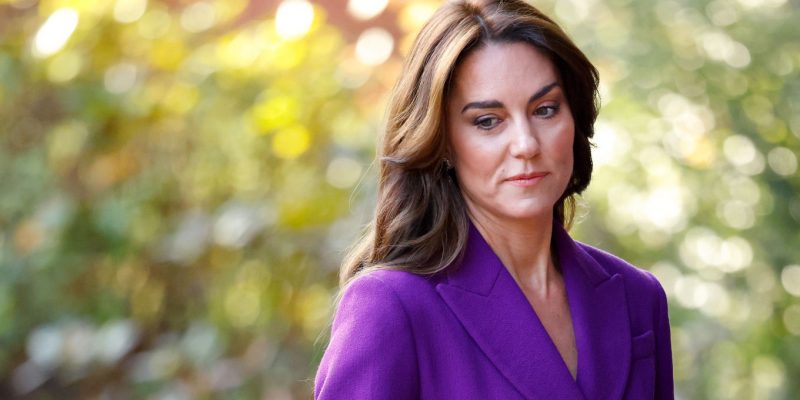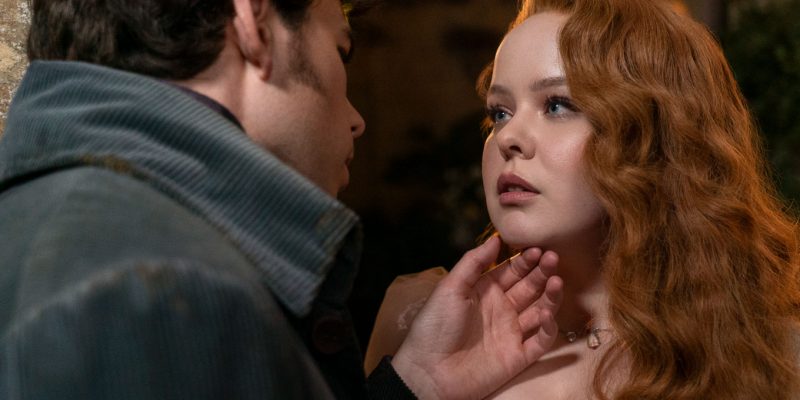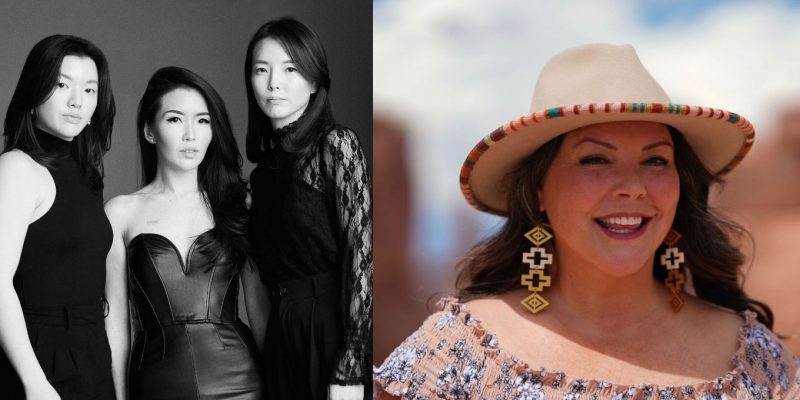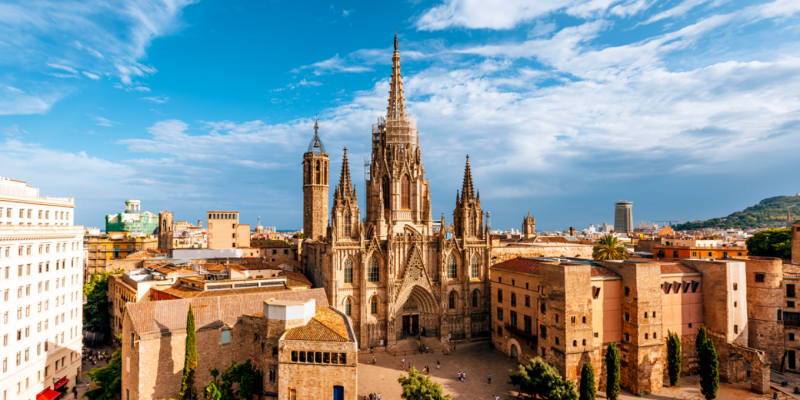Society
These 5 Canadian Scientists Are Changing the Game—and the World
Tackling climate change, neuroscience, infant health and more.

FROM LEFT: ARIANE GODBOUT, LIA HUO, SABRINA RONDEAU, MICHELLE ASBURY AND MARIANNE FALARDEAU-COTE
Read Next

Fashion
The Best Dressed Celebrities on the 2024 Cannes Film Festival Red Carpet
Ones to watch.

Beauty
Lush Just Dropped the Dreamiest Bridgerton-Inspired Collection
A glorious union for the dearest gentle reader.
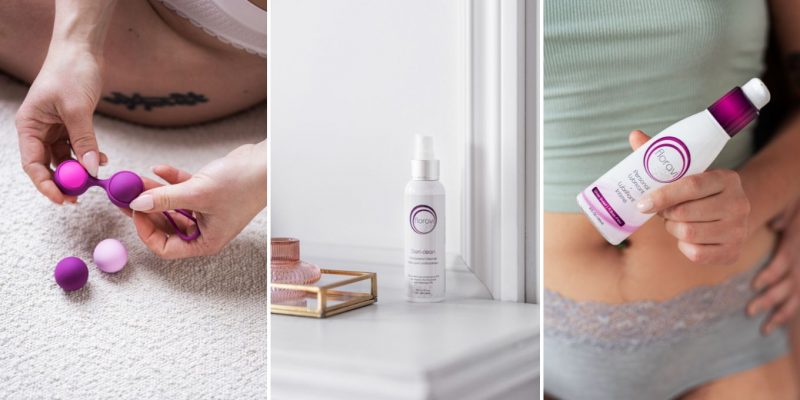
Life and Love
Have You Tried These Goodies for Sexual Wellness Yet?
Consider this your sign that it’s time to improve your sexual well-being—a key part of your overall health.


